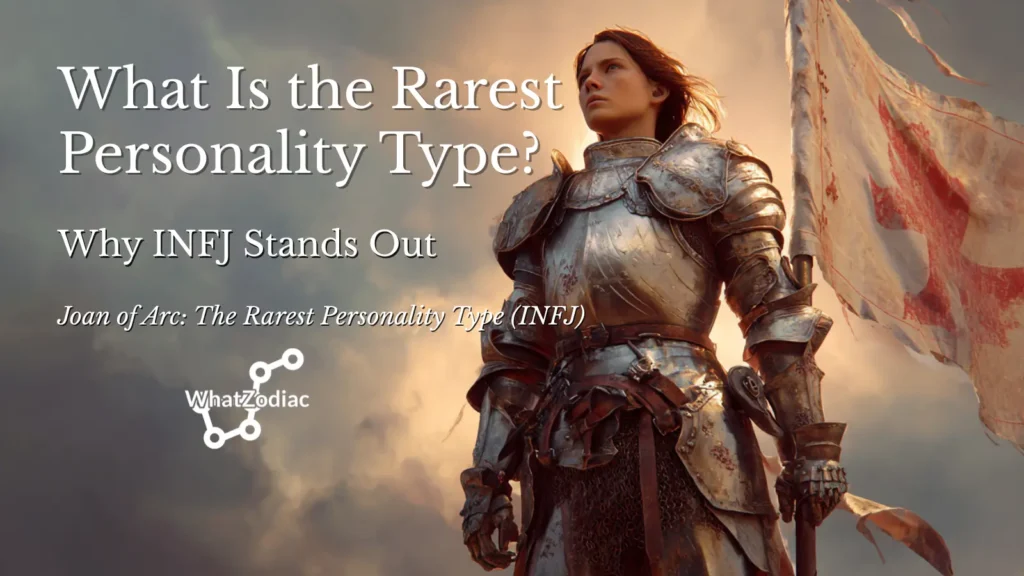What Is the Rarest Personality Type? Why INFJ Stands Out
Introduction: Understanding the Rarest Personality Type
Have you ever wondered if your personality is rare? When people talk about the Myers–Briggs Type Indicator (MBTI), one question always comes up: what is the rarest personality type?
The answer is clear — the INFJ personality type is often considered the rarest of the 16 MBTI types, making up only about 1–2% of the global population. Sometimes other types like INTJ or ENTJ are also considered uncommon, but INFJ almost always takes the top spot.
In this guide, we’ll explore why INFJ is the rarest personality type, what makes it unique, and how rarity shapes strengths, struggles, and everyday life. We’ll also look at other rare MBTI types, share famous examples, and give tips for embracing your uniqueness.

A Quick Introduction to MBTI Personality Types
The MBTI framework divides personalities into 16 types. Each type is made of four letters that describe how you process information and interact with the world:
E or I: Extrovert vs. Introvert
S or N: Sensing vs. Intuition
T or F: Thinking vs. Feeling
J or P: Judging vs. Perceiving
Think of MBTI as a map of 16 neighborhoods. Some are busy and full of people (like ESFJ and ISTJ), while others are quiet corners where only a few live. The INFJ personality type lives in one of those quiet corners — which is why it’s so rare.

Why INFJ Is Considered the Rarest Personality Type
INFJ stands for Introverted, Intuitive, Feeling, and Judging. Studies show that only about 1–2% of the population identify with this type, making it the rarest personality type in MBTI.
Key INFJ Traits That Define the Rarest Personality Type
Unusual combination of traits:
Introversion (I) + Intuition (N) is already less common.
Add deep Feeling (F) and structured Judging (J), and you get a unique blend of empathy and strategy.
Visionary empathy: INFJs balance compassion with a big-picture perspective. They want to help others, but they also think long-term and strategically.
Inner world focus: INFJs often live rich inner lives that others don’t see, making them feel mysterious or even misunderstood.

Joan of Arc: A Historic Example of the INFJ Rarest Personality Type
One of the most powerful ways to understand the INFJ personality is to look at historical figures who embodied its traits. Joan of Arc, often described as a visionary leader and deeply spiritual figure, is a fitting example of this rare type.
Her life reflected many of the qualities associated with INFJs:
Visionary empathy: Joan believed her purpose was to lead and protect her people, even when the world doubted her. This sense of mission mirrors the INFJ’s ability to see a higher calling and fight for it.
Inner conviction: Despite overwhelming opposition, she trusted her inner voice and intuition. INFJs often rely on strong inner guidance, even when it clashes with external logic.
Quiet strength with lasting impact: Joan wasn’t the loudest or most powerful on the battlefield, yet her influence was transformative. Similarly, INFJs often make their mark through persistence, integrity, and deep emotional connection.
Joan’s story shows why INFJs are considered rare — their combination of vision, empathy, and unwavering determination can inspire others long after they are gone.
Everyday INFJ Example: How the Rarest Personality Type Appears in Real Life
They’re the friend who listens deeply, remembers small details about you, and then gently nudges you toward your goals. Quiet but powerful.
Other Rare Personality Types Worth Mentioning
While INFJ is the rarest MBTI type, a few others are also uncommon:
INTJ (The Master Strategist): About 2% of the population. Known for logical planning, long-term vision, and independence.
ENTJ (The Warlord Commander): Roughly 2% of people. Bold leaders who thrive on organization and efficiency.
ENFJ (The Charismatic Mentor): Around 3%. Warm, outgoing, and focused on guiding others toward growth.
These types share traits like intuition and long-term thinking, which are less common in general. But none occur as rarely as INFJ.

Isaac Newton (INTJ) — A visionary scientist who reshaped physics with the laws of gravity, embodying the rare qualities of an INTJ personality.
Why Are Some MBTI Personality Types So Rare?
Some personality combinations just don’t appear as often in the human population. Here’s why:
Genetic and social factors: Certain temperaments are influenced by both biology and environment.
Cultural influence: Extroversion is often encouraged in modern societies, so extroverted types are more common.
Trait balance: Types that mix empathy with strategy (like INFJ) are less likely to develop naturally.
Easy analogy: Think of personalities like eye colors. Brown eyes are common, blue eyes less so, and green eyes are rare. Rare doesn’t mean better — just less frequent.
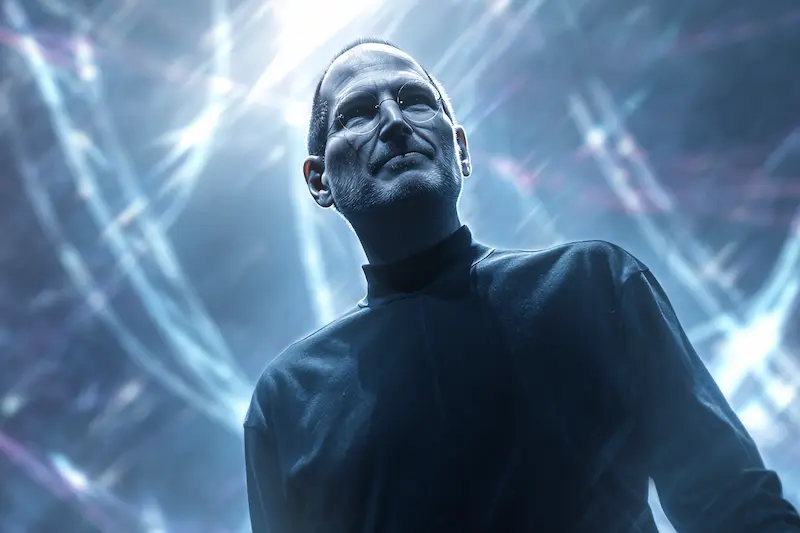
ENTJ – Steve Jobs, the visionary leader who transformed technology with bold ideas and relentless drive.
Strengths of the Rarest Personality Types
Being the rarest personality type comes with unique strengths:
Empathy and compassion: INFJs are highly attuned to others’ feelings.
Visionary thinking: They imagine possibilities far into the future.
Authenticity: INFJs live according to strong inner values.
Balance of logic and heart: While guided by feelings, they use structure (Judging) to turn ideas into action.
These qualities often make INFJs powerful mentors, counselors, writers, or advocates.
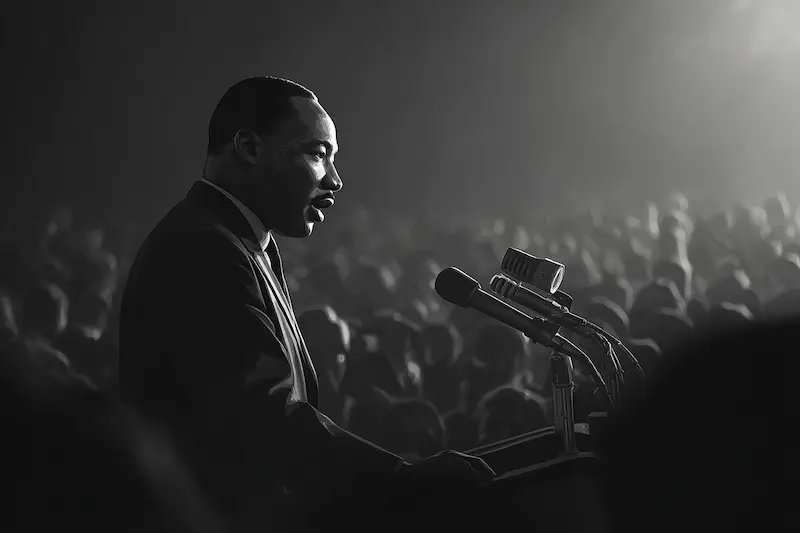
ENFJ – Martin Luther King Jr., a powerful example of an inspiring leader who moved hearts and united people through vision and empathy.
Challenges Faced by the Rarest Personality Types
Of course, rarity also has challenges:
Feeling misunderstood: Many INFJs report feeling “different” from others.
Social pressure: They may struggle to fit into groups dominated by more common personality types.
Emotional overload: Deep empathy sometimes drains their energy.
Overthinking: Their intuitive and feeling side can make decisions complicated.
Tip: Recognize that being rare is not a flaw. It’s an invitation to embrace uniqueness and use it as a strength.
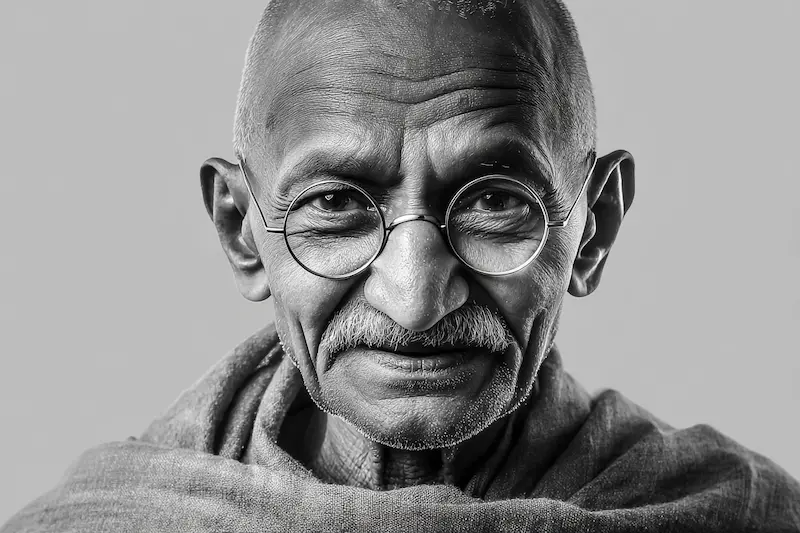
Mahatma Gandhi – An inspiring INFJ symbol of peace and resilience, embodying empathy and moral vision.
Famous People With the Rarest Personality Types
It’s always fun to see who shares your type. While typing celebrities isn’t always exact, many psychologists and fans believe these figures are INFJs:
Mahatma Gandhi – visionary leader for peace.
Mother Teresa – compassion-driven humanitarian.
Carl Jung – the psychologist who inspired MBTI.
Taylor Swift – artist known for empathy and storytelling.
Other rare types also appear among leaders, authors, and innovators, showing that rare personalities can leave a big mark.
Are the Rarest Personality Types Better or Just Different?
It’s easy to assume that the rarest personality type must be the “best.” But rarity doesn’t mean superiority.
Every MBTI type has strengths and weaknesses.
More common types (like ESFJ or ISTJ) keep society running smoothly.
Rare types like INFJ bring a different perspective but are not “above” others.
Key takeaway: Rarity makes you unique, not better. The true value comes from self-awareness and growth.
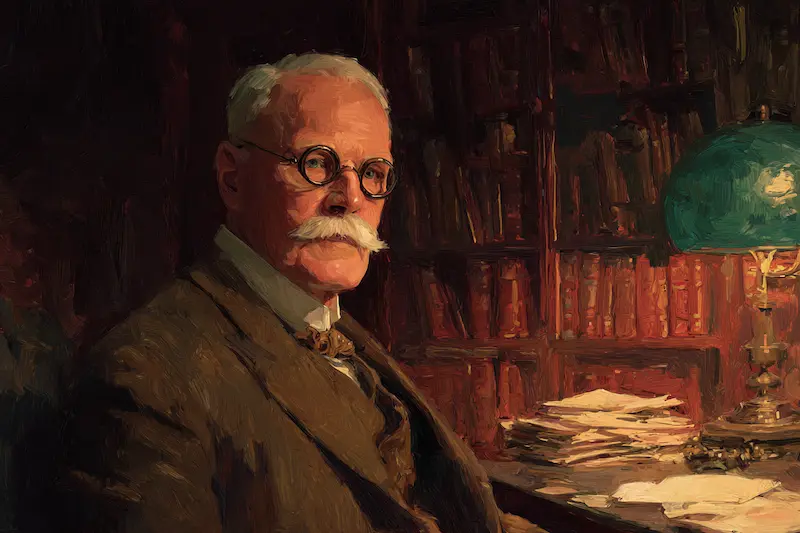
Carl Jung – INFJ pioneer and founder of analytical psychology, symbolizing the depth and insight of the rarest personality type.
How to Know if You’re the Rarest Personality Type
Wondering if you might be INFJ? Here are some signs:
People often seek your advice or comfort.
You think deeply about the future and hidden meanings.
You sometimes feel like you don’t “fit in” with the crowd.
You balance compassion with structure in your decisions.
The best way to know is to take a personality test. But remember: no test is perfect — the real goal is self-discovery.
Try our MBTI + Zodiac Personality Test Tool (coming soon) for a fun way to explore your type and how it blends with your zodiac sign.
Final Thoughts: Embracing Your Unique Personality
The rarest personality type in MBTI is INFJ, representing only 1–2% of the world. Known as deep feelers, big-picture thinkers, and natural guides, INFJs are often misunderstood but incredibly valuable.
Other rare types like INTJ, ENTJ, and ENFJ also bring uncommon strengths to the world. But whether your type is rare or common, what matters most is knowing yourself, embracing your strengths, and growing through your challenges.
Instead of asking “Am I rare?”, ask “Am I living authentically with my personality?” That’s where true power lies.
How to Find Out Your Personality Type
(Beginner-Friendly Guide & Free Test)
Take our MBTI-style personality test and see how your results pair with your zodiac sign.
